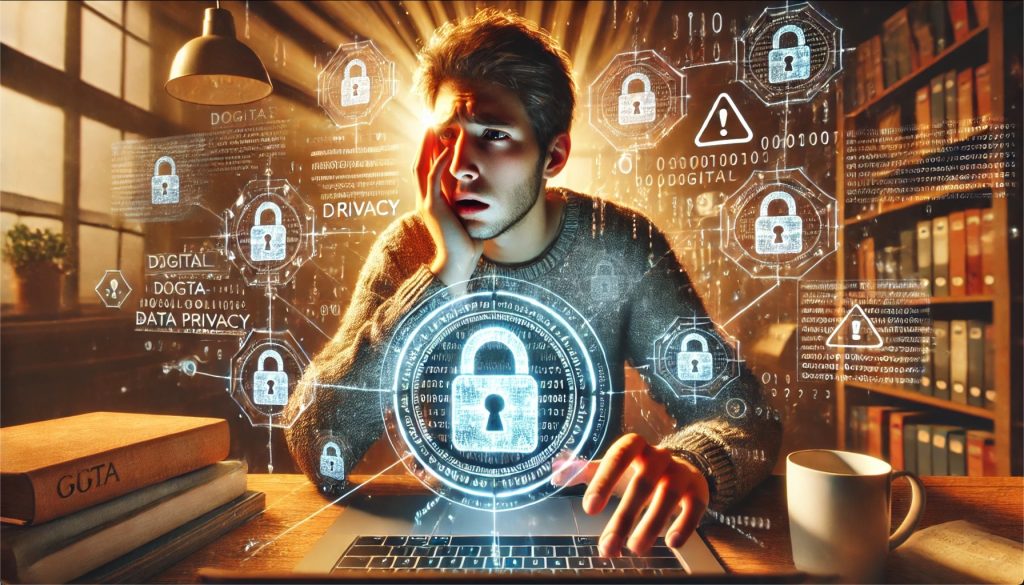
The “I’ve got nothing to hide” argument often arises in discussions about privacy, surveillance, or data collection. People using this argument might suggest that, because they believe they are not doing anything wrong, they have no reason to worry about privacy intrusions.
Here, of course, we’re talking about emails, texts, and related data you use, share, or create on a computer. Now, when you have a conversation with someone in person, that conversation is automatically private. You never have to think about privacy. However, now that everything you do on a computer is stored on servers, potentially forever, privacy is something that is no longer guaranteed and seems to be quickly eroding from daily life.
Therefore, there are several reasons why a person might want to re-examine such a position:
1. Privacy is a Fundamental Right:
• Privacy is a human right that supports individual autonomy, freedom of expression, and democracy. Even if someone feels they have nothing to hide, upholding privacy is about maintaining the principle that individuals have the right to control their personal information.
2. Misuse of Data:
• Data collected can be misused in ways that individuals cannot foresee. For example, information could be taken out of context, used to manipulate or discriminate against individuals, or could be leaked or stolen by bad actors.
3. Chilling Effect:
• Knowing that one’s actions are being monitored can lead to self-censorship, where people might avoid expressing certain opinions, exploring certain ideas, or engaging in legal activities simply because they fear being watched. This “chilling effect” can stifle free speech and creativity.
4. Evolving Norms and Laws:
• What is considered acceptable or legal today might not be the same tomorrow. Information that seems harmless now could be used against someone in the future if societal norms or laws change.
5. Collective Impact:
• The argument focuses on individual privacy but ignores the collective impact of mass surveillance. When large groups of people give up their privacy, it can normalize invasive practices and erode protections for everyone, making it easier for governments or corporations to impose even more intrusive measures.
6. Security through Obscurity:
• Privacy can act as a layer of security. Even if someone feels they have nothing to hide, keeping information private can protect them from identity theft, targeted advertising, or other forms of exploitation.
7. Selective Privacy:
• People naturally maintain privacy in various aspects of their lives, such as with passwords, personal conversations, or medical information. This evidence shows that everyone values privacy in some contexts, even if they claim to have “nothing to hide.”
8. Future Consequences:
• What someone does today might seem innocuous, but the consequences of having that information accessible to others could be significant in the future, especially if their circumstances or the broader political environment changes.
These points help illustrate that privacy goes beyond individual concerns and touches on broader societal, ethical, and practical implications.
Stay tuned for a future posting with suggestions for taking back your privacy…
Please read our disclaimer on our home page…

